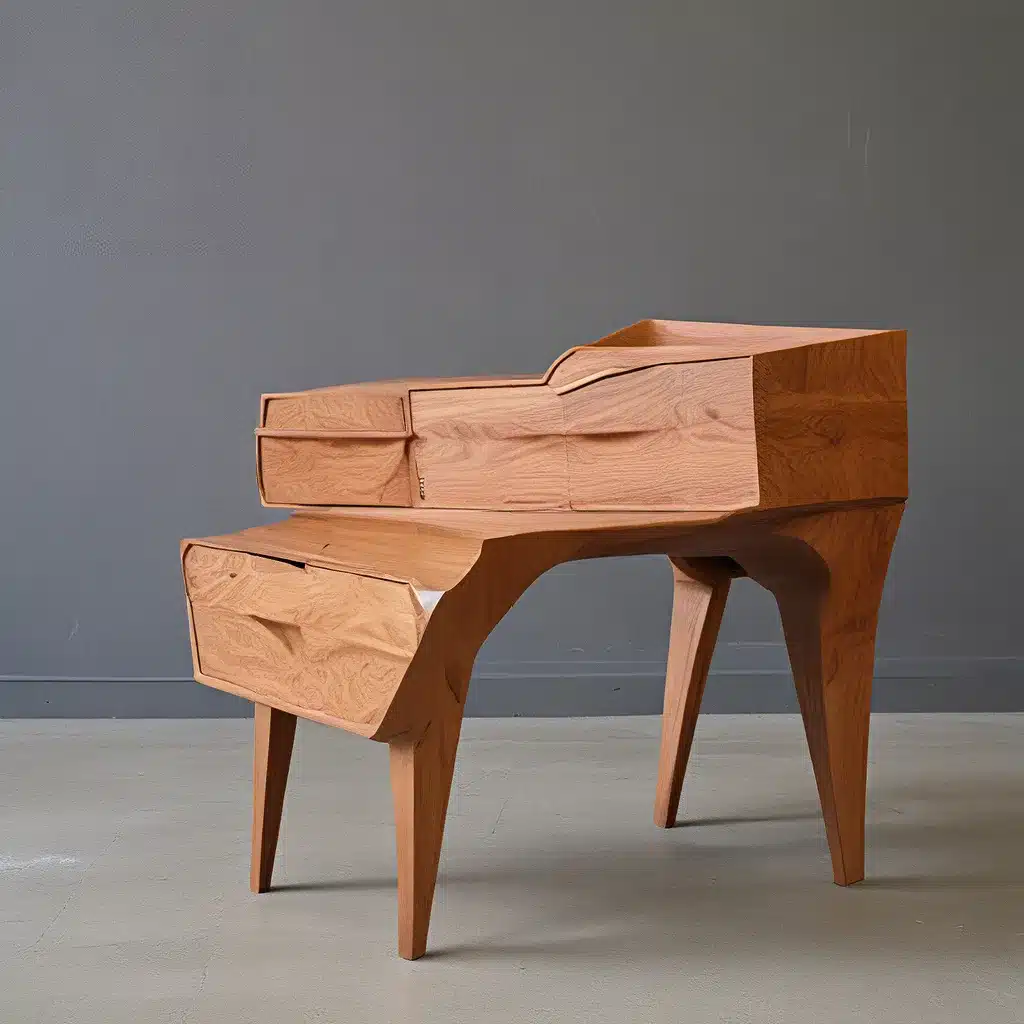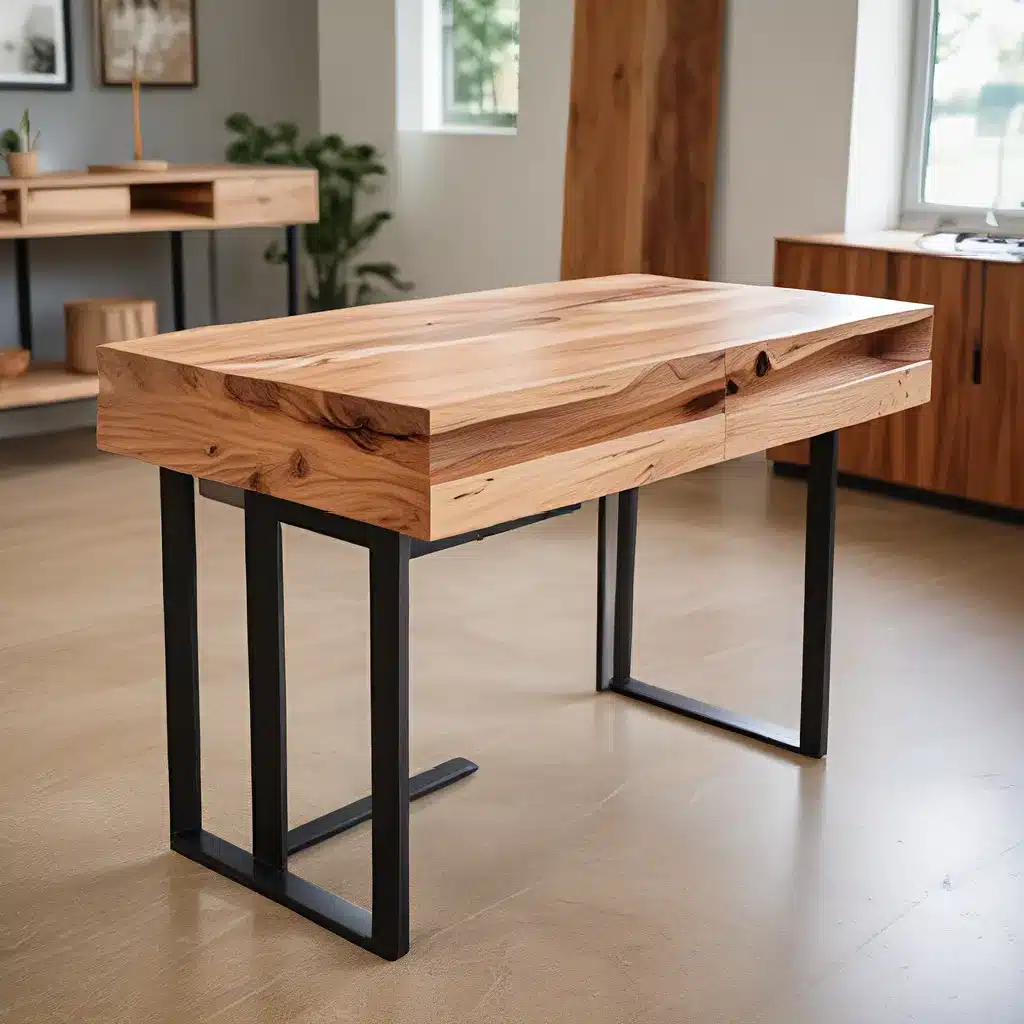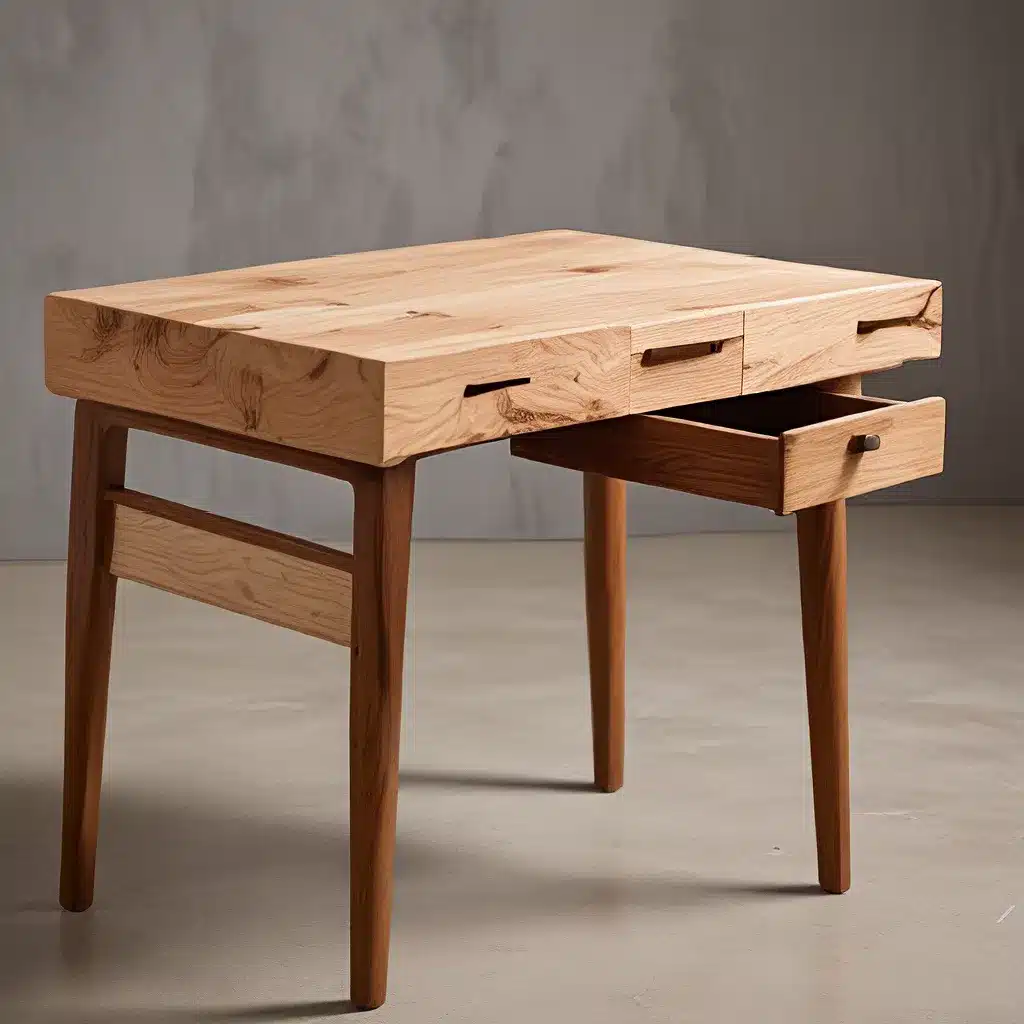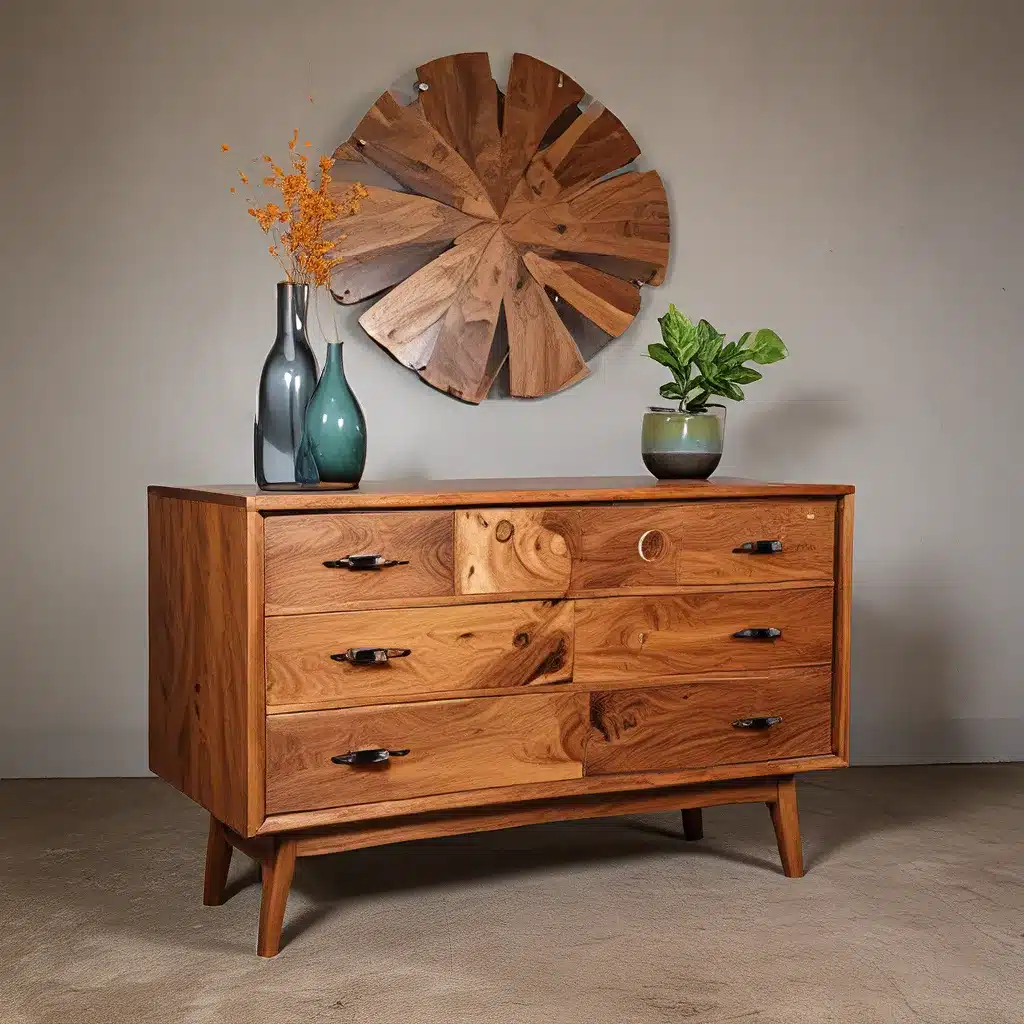Welcome to our comprehensive guide on designing and creating custom furniture. Are you tired of settling for mass-produced pieces that don’t quite fit your style or space? With our step-by-step instructions, we will empower you to bring your dream furniture to life. Whether you’re a seasoned DIY enthusiast or a beginner, this guide will provide you with the knowledge and inspiration needed to create a unique and personalized piece that perfectly suits your needs. Let’s dive in!

Chapter 1: Finding Inspiration
Unleashing Your Creativity
Designing custom furniture starts with finding inspiration. Begin by exploring various sources, such as interior design magazines, online platforms, and social media. Create a mood board or a digital folder to collect images, colors, and styles that resonate with you. By gathering ideas, you’ll be able to create a cohesive vision for your dream piece.
Assessing Your Needs and Space
Consider the purpose of the furniture you want to create. Are you looking for a statement piece or a functional item? Measure the space where the furniture will be placed to ensure it fits seamlessly into your home. Taking into account your lifestyle and specific requirements will help you design a piece that is not only visually appealing but also practical.
Incorporating Personal Touches
To make your custom furniture truly unique, think about incorporating personal touches. It could be a specific color palette, a pattern, or even a sentimental element. By infusing your personality into the design, you’ll create a one-of-a-kind piece that reflects your individuality.
Chapter 2: Sketching Your Design
Understanding Basic Design Principles
Before putting pencil to paper, familiarize yourself with basic design principles. Consider elements such as balance, proportion, and scale. By understanding these principles, you’ll be able to create a visually pleasing and harmonious design.
Rough Sketching and Concept Development
Start by sketching rough outlines of your design ideas. Don’t worry about perfection at this stage; the goal is to capture your vision on paper. Experiment with different shapes, forms, and details. Once you have a few concept sketches, refine them further. Pay attention to the overall aesthetics and functionality of the piece.
Creating Detailed Drawings
Once you have settled on a final concept, it’s time to create detailed drawings. These will serve as blueprints for your custom furniture. Include measurements, dimensions, and any specific details that are crucial to the construction process. These drawings will guide you throughout the building phase.
Chapter 3: Selecting Materials and Tools
Choosing the Right Materials
Selecting the right materials is essential for both the aesthetic appeal and durability of your custom furniture. Consider factors such as the type of wood, fabric, or metal that will best suit your design. Research different materials to understand their qualities and characteristics, ensuring they align with your vision and budget.
Essential Tools for the Job
To bring your design to life, you’ll need the right tools. Depending on the complexity of your project, you may require tools such as a saw, drill, sander, and various hand tools. Invest in quality tools that will not only make the construction process easier but also ensure the longevity of your furniture.
Chapter 4: Building Your Custom Furniture
Establishing a Workspace
Before you begin construction, set up a dedicated workspace that provides ample room to maneuver and work safely. Ensure you have proper lighting, ventilation, and a sturdy workbench. Having an organized and well-equipped workspace will make the construction process more efficient.
Following Proper Safety Measures
When working with tools and materials, safety should be a top priority. Always wear appropriate protective gear, such as safety glasses, gloves, and a dust mask. Familiarize yourself with the proper usage of each tool and follow safety guidelines to minimize the risk of accidents.
Step-by-Step Construction Process
Follow your detailed drawings and start constructing your custom furniture. Take it one step at a time, ensuring each component is accurately measured, cut, and assembled. Pay attention to the details, such as sanding the surfaces, applying finishes, and adding any decorative elements. Regularly refer back to your drawings to stay on track.
Chapter 5: Adding the Finishing Touches
Sanding and Finishing
Once the construction is complete, sand the surfaces of your furniture to achieve a smooth and polished finish. Depending on your desired look, consider applying a stain, paint, or varnish to protect the wood and enhance its appearance. Don’t forget to let each coat dry thoroughly before proceeding to the next step.
Upholstery and Soft Furnishings
If your custom furniture involves upholstery or soft furnishings, carefully select fabrics that complement your design. Take measurements accurately and follow proper techniques to achieve professional-looking results. Whether it’s adding cushions, upholstery, or decorative trimmings, these final touches will elevate the overall look and comfort of your piece.
Assembly and Placement
Once all the finishing touches are complete, assemble your custom furniture as per your design. Take your time to ensure everything fits together securely. Finally, carefully place your masterpiece in its designated spot, and step back to admire the fruits of your labor.
Conclusion
Congratulations on completing your custom furniture! By following this step-by-step guide, you have successfully designed and built a unique piece that perfectly suits your style and needs. Remember, designing and creating custom furniture is an art form that requires patience, creativity, and attention to detail. Now that you have the knowledge and skills, let your imagination soar and continue to craft beautiful pieces that bring joy to your space. Happy designing!








